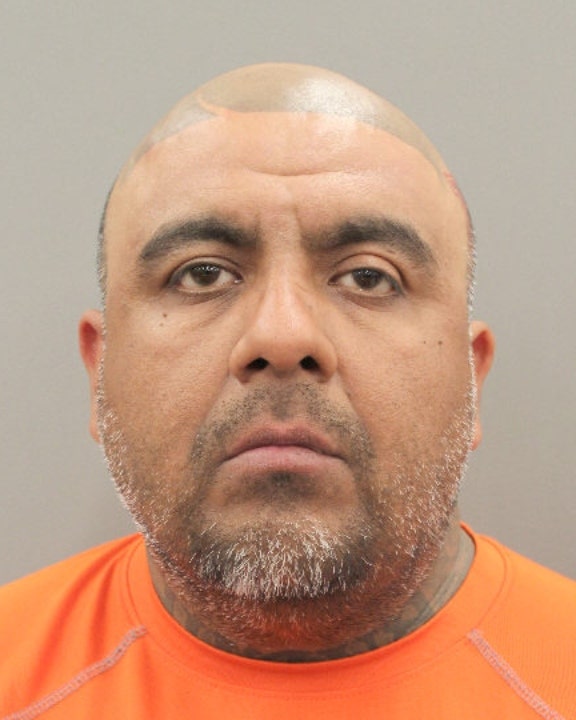It is a rare thing in our rapidly secularizing country to be confronted with piety and devotion in popular culture. So it was a surprise, and a balm, to watch a man who prays daily and talks openly about his devout faith storm a bastion of earthly godlessness: “Saturday Night Live.”
I am referring, of course, to the comedian Ramy Youssef, who hosted the show on what he described in his opening monologue as “an incredibly spiritual weekend,” noting Ramadan, Easter and the arrival of a new Beyoncé album.
“I’m doing the Ramadan one,” he quipped, to peals of laughter, unspooling a very funny bit about how loving Muslims are. Youssef has mined his experience as a believer among the profane in gentle standup specials and a namesake sitcom. His entire monologue glowed with a welcoming warmth — Muslims, he seemed to say: We’re just like you.
In a country that is supposedly obsessed with diversity and inclusion, it is remarkable how rare it is to hear from a practicing Muslim in America.
Surveys by the Institute for Policy and Understanding, a nonpartisan research organization focused on Muslim Americans, have consistently found that Muslims are the most likely group to report religious discrimination in the United States. According to a Pew survey conducted in 2021, 78 percent of Americans said that there was either a lot or some discrimination against Muslims in our society. Muslims are no more likely to commit crimes than members of any other group, but crimes in which Muslims are suspects get outsized media coverage, research has shown.
It is no surprise, then, that Islamophobia is perhaps the most tolerated form of religious prejudice. Right now, Senate Republicans appear to have persuaded several Senate Democrats to vote against a Muslim judicial nominee after smearing him, with no evidence at all, as an antisemite.
Many of the skits that toyed with religion on “S.N.L.” on Saturday were funny — Ozempic for Ramadan! Genius. But part of me winced through them as well, because I saw in Youssef something that other members of minority groups have had to do to “earn” their place in the safety of the mainstream: the performance of normalcy, of being nonthreatening and sweet, the requirement to prove that your community belongs in America just like everyone else’s.
I loved Youssef’s monologue, in which he bravely pleaded, “Please, free the people of Palestine. And please, free the hostages. All of the hostages.”
“I am out of ideas,” Youssef declared toward the end of his monologue. “All I have is prayers.”
To which this nonbeliever can only say: Same, Ramy. Same.






